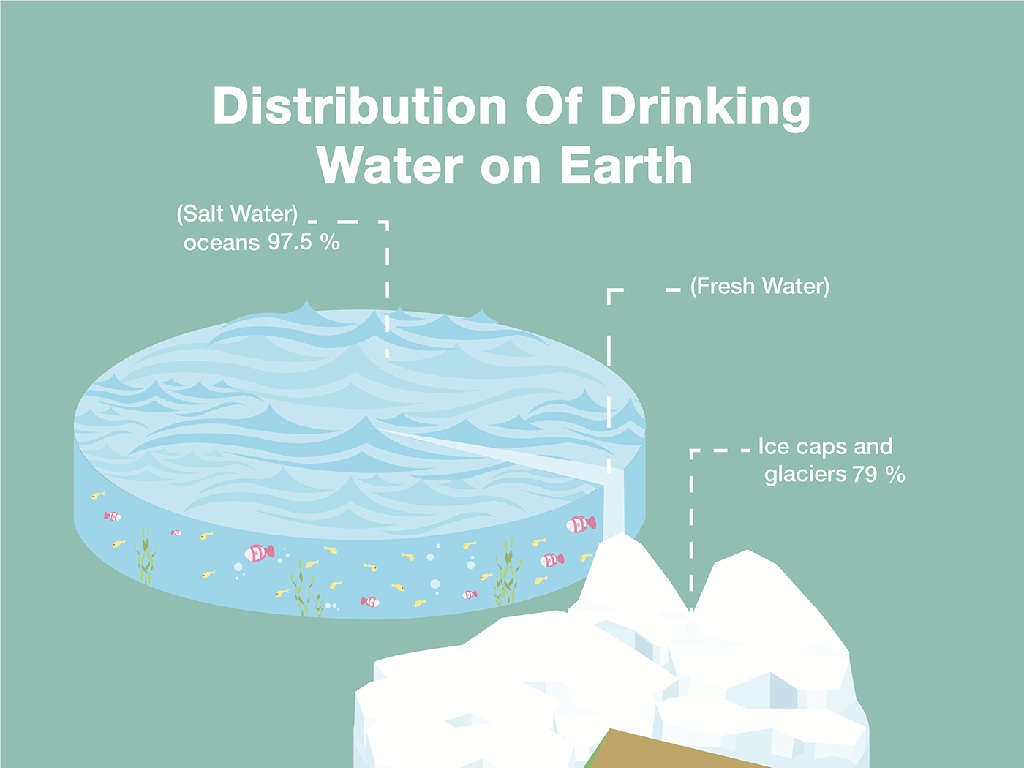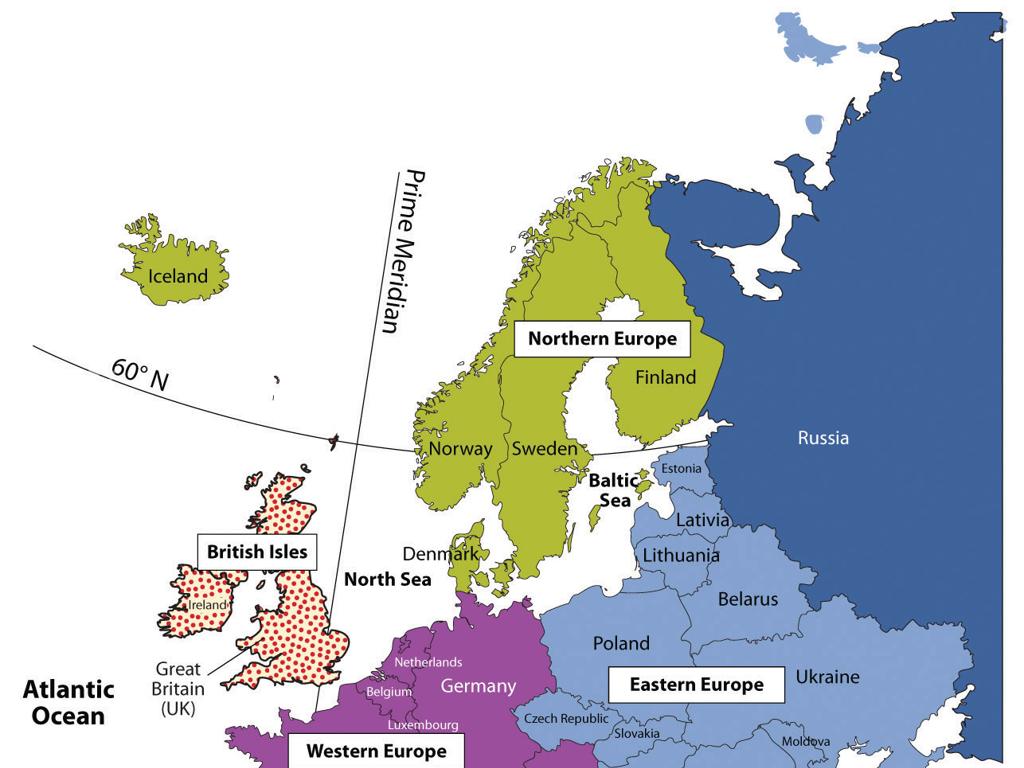Southern Colonies: Founding And Government
Subject: Social studies
Grade: Seventh grade
Topic: Colonial America
Please LOG IN to download the presentation. Access is available to registered users only.
View More Content
Exploring the Southern Colonies
– Introduction to Colonial America
– Spotlight on the Southern Colonies
– Learn about Maryland, Virginia, the Carolinas, and Georgia
– Defining ‘colony’
– A colony is a territory under the immediate political control of a state
– Governance in the South
– Examining the systems of government, like the House of Burgesses
|
This slide introduces students to the concept of Colonial America with a focus on the Southern Colonies. Begin by discussing what life was like in Colonial America and then narrow the focus to the Southern Colonies specifically, highlighting Maryland, Virginia, the Carolinas, and Georgia. Explain the term ‘colony’ as a region under the control of another country and discuss the governance structures that were in place, such as the House of Burgesses in Virginia, which was the first representative assembly in America. Encourage students to think about how these early forms of government might have influenced the political system we have today.
Founding of the Southern Colonies
– Jamestown: First English settlement
– Established in 1607, Jamestown was the first permanent English settlement in America.
– Virginia Company’s role
– The Virginia Company, a joint-stock company, funded the settlement of Jamestown.
– Expansion to more colonies
– Settlers expanded beyond Jamestown, founding more colonies for resources and land.
– Establishment of Southern Colonies
– Southern Colonies were established with unique cultures and economies based on agriculture.
|
This slide introduces the founding of the Southern Colonies, starting with Jamestown in 1607, which was the first permanent English settlement in what would become the United States. The Virginia Company played a crucial role by financing the expedition and settlement, with the hopes of profiting from the new world. As the settlers sought more resources and land, they expanded their territories, leading to the establishment of other Southern Colonies. These colonies developed their own distinct cultures and economies, largely based on agricultural production. Encourage students to think about the challenges and motivations of early settlers and the impact of these colonies on the history of America.
Geography and Climate of the Southern Colonies
– Geography of Southern Colonies
– Fertile soil, vast farmlands, and navigable rivers
– Climate’s impact on agriculture
– Warm climate allowed for longer growing seasons
– Cash crops: Tobacco and rice
– Tobacco and rice thrived, becoming the economic backbone
– Settlement patterns influenced by geography
– Settlements grew around plantations and ports due to the geography
|
This slide aims to explore the geographical and climatic factors that shaped the Southern Colonies. Emphasize the fertility of the soil and the presence of large tracts of land suitable for farming, which, combined with a warm climate, allowed for longer growing seasons compared to the Northern Colonies. Highlight how the cultivation of cash crops like tobacco and rice became pivotal to the colonies’ economies. Discuss how the geography, with its navigable rivers and flat lands, influenced the development of settlements, leading to the growth of plantation-based communities and the establishment of ports critical for trade. Encourage students to consider how these factors contributed to the distinctive social and economic structures of the Southern Colonies.
Life in the Southern Colonies
– Social hierarchy in the colonies
– Society was structured in a class system with landowners at the top.
– Indentured servants and slavery
– Indentured servants worked for a period for passage to America; Africans were enslaved.
– Economic activities
– Agriculture was the main economic activity, with tobacco and cotton as cash crops.
– Trade in the Southern Colonies
– Trade involved exporting crops and importing European goods.
|
This slide aims to give students an understanding of the social and economic aspects of life in the Southern Colonies. Discuss the social hierarchy, emphasizing the roles and status of different groups, including landowners, indentured servants, and enslaved Africans. Explain the concept of indentured servitude and contrast it with the forced labor of enslaved Africans. Highlight the economic reliance on agriculture, particularly the cultivation of cash crops like tobacco and cotton, which were labor-intensive and required a large workforce. Lastly, touch upon the trade system, where these crops were exported in return for goods from Europe. Encourage students to think about how these factors influenced the culture and development of the Southern Colonies.
Government in the Southern Colonies
– House of Burgesses explained
– First representative assembly in 1619, a democratic innovation
– Governors and legislatures’ roles
– Governors appointed by the crown, legislatures elected by colonists
– Comparing colonial governments
– Southern colonies had more autonomy compared to others
– Impact on modern democracy
– Early self-governance influenced the U.S. political system
|
This slide delves into the governmental structure of the Southern Colonies, highlighting the House of Burgesses as the first step towards self-representation in the New World. It was established in Virginia in 1619 and laid the groundwork for democratic governance. Governors in the Southern Colonies were typically appointed by the British crown, while colonial legislatures were elected by property-owning colonists, allowing for a degree of self-governance. Comparing the Southern Colonies’ government to those of the Northern and Middle colonies, students should note the greater autonomy and influence of landowners in the South. This early form of representative government was a precursor to the democratic institutions in the United States, and its influence is still felt in modern American politics. Encourage students to think about how these colonial governments compare to our current government and the lasting impact of these early democratic practices.
Challenges and Conflicts in the Southern Colonies
– Conflicts with Native Americans
– Clashes over territory and resources
– Bacon’s Rebellion overview
– 1676 revolt led by Nathaniel Bacon against colonial government
– Land and power struggles
– Competition among colonists and with natives
– Impact on colonial society
– These conflicts shaped the governance and expansion policies
|
This slide addresses the various challenges and conflicts that the Southern Colonies faced during their establishment and growth. Students should understand that the conflicts with Native Americans often arose due to competition for land and resources, leading to violent confrontations. Bacon’s Rebellion was a significant event where colonists, led by Nathaniel Bacon, rebelled against the colonial government in Virginia, highlighting the tensions between frontier settlers and the colonial elite. The struggle for land and power was not only between colonists and Native Americans but also among the colonists themselves, as they vied for control and influence. These conflicts had lasting effects on the development of colonial society, including the establishment of more structured governments and policies to manage expansion and relations with Native Americans. Encourage students to consider how these historical conflicts have shaped the political and social landscape of America.
Role-Play Activity: Life in the Southern Colonies
– Divide into groups for colonial roles
– Discuss within groups
– Consider the daily life, challenges, and beliefs of your role
– Present your group’s perspective
– Share insights on founding and government
– Reflect on diverse colonial views
– How did each group’s interests and views differ?
|
This class activity is designed to engage students in a role-play to explore the various perspectives during the founding and government of the Southern Colonies. Divide the class into small groups and assign each a specific colonial role such as planters, indentured servants, women, slaves, and government officials. Each group will discuss how their assigned role would have viewed the founding and governance of the colonies, considering factors like social status, economic interests, and political power. After discussions, groups will present their perspectives to the class. Conclude with a reflection on how these differing viewpoints could have influenced the development and policies of the Southern Colonies. This activity will help students understand the complexity of historical narratives and the importance of considering multiple perspectives.
Reflecting on Southern Colonies
– Recap: Founding & Government
– Impact on Modern America
– How Southern Colonies shaped economic, cultural, and political aspects of today’s USA.
– Questions & Reflections
– Encourage student thoughts
– What did you find most interesting about today’s lesson?
|
As we conclude today’s lesson, we’ll revisit the key points about the founding and government of the Southern Colonies. Emphasize how these colonies have influenced the current economic, cultural, and political landscape of the United States. Open the floor for any lingering questions to clarify students’ understanding. Finally, encourage students to reflect on the lesson by asking what they found most interesting or surprising. This reflection helps students process the information and connect it to their existing knowledge. It also provides an opportunity for you to assess their engagement and comprehension of the material.






